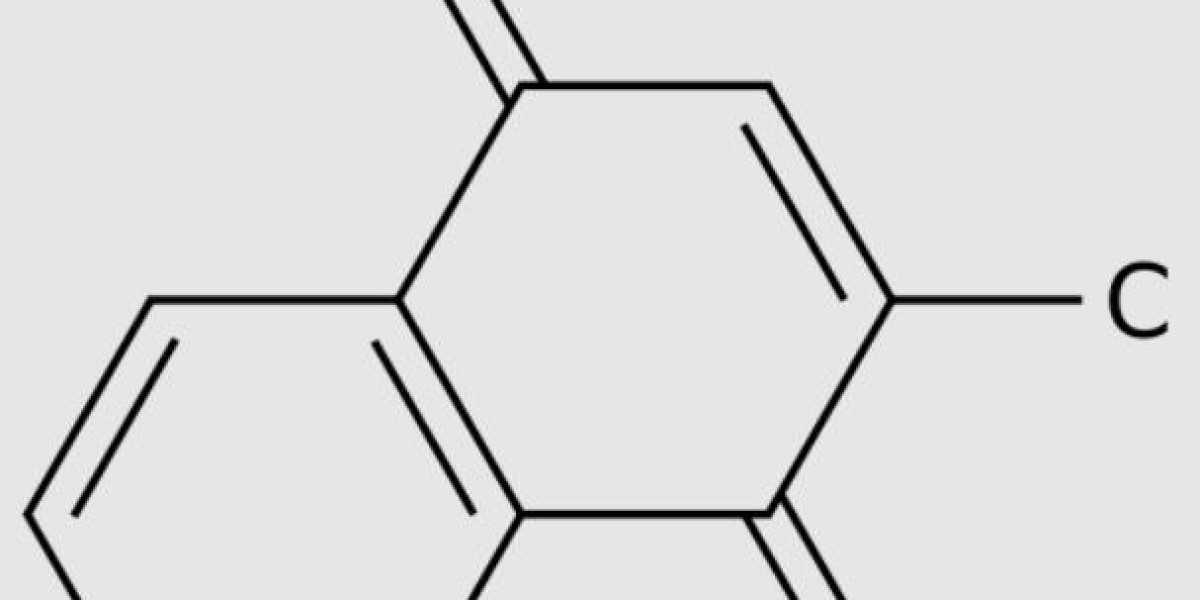Vitamin K is the name of a family of compounds with similar structures.
Menadione, also known as Vitamin K3, is a synthetic or artificially produced form of Vitamin K.
This article explains everything you need to know about menadione, including its benefits, uses, and potential side effects.
What is menadione?
Vitamin K is important for blood coagulation and bone health. It can also prevent the dangerous accumulation of calcium in tissues, organs and blood vessels, who have or may have kidney disease, heart disease and diabetes.
Menadione is a synthetic Vitamin K, which is not naturally produced. This is different from the other two forms of Vitamin K - vitamin K1, called chlorophyllin quinone, and vitamin K2, called methylnaphthoquinone.
Menadione can be converted into vitamin K2 in the liver. Many animals can also convert menadione into the active form of Vitamin K.
Although for safety reasons, menadione cannot be legally sold to humans in the form of supplements, it is usually used for poultry and pig feed, as well as commercial Pet food.
Harmful to human health
Research in the 1980s and 1990s showed that menadione is harmful to the human body.
These studies have linked menadione to liver damage and the destruction of oxygen carrying red blood cells.
Therefore, only K1 and K2 forms of Vitamin K can be used as dietary supplements and prescriptions.
Although menadione is harmful to the human body, it has not been proven to be harmful to livestock or pets when added to feed at the prescribed dosage.
However, there is still a dispute about whether to allow the addition of K3 in Pet food. Some companies that do not add K3 claim that their products are superior to those that add K3.
In any case, the natural forms of Vitamin K - K1 and K2- are very low toxic to human body.
Therefore, the National Academy of Sciences and the European Food Safety Authority (EFSA) have not stipulated the upper limit of vitamin k. The upper limit refers to the maximum intake of a nutrient that will not cause harmful effects for most people.
May have anticancer and antibacterial properties
Although menadione is harmful to the human body, its anticancer and anti-inflammatory properties have been demonstrated in in vitro studies.
A test tube study found that it kills human breast cancer, colorectal cancer and kidney cancer cells by activating a special class of proteins.
Vitamins have also been shown to increase the production of reactive oxygen species, molecules that can damage or kill cancer cells.
More importantly, some test tube studies show that vitamin C and menadione work together to inhibit and kill the growth of human breast cancer and prostate cancer cells.
In addition to these anti-cancer properties, vitamins also have antibacterial effects.
A in vitro study has shown that menadione inhibits the growth of Helicobacter pylori (a harmful bacterium that grows in the digestive tract) in infected human gastric cells by reducing the ability of bacteria to replicate.
Although promising, more research is needed before reaching conclusions on the safety or efficacy of menadione in treating cancer or other human diseases.
In addition, as menadione has been proven to be harmful to the human body, any potential future research needs to consider whether the potential benefits of vitamins for these diseases outweigh the risks.








